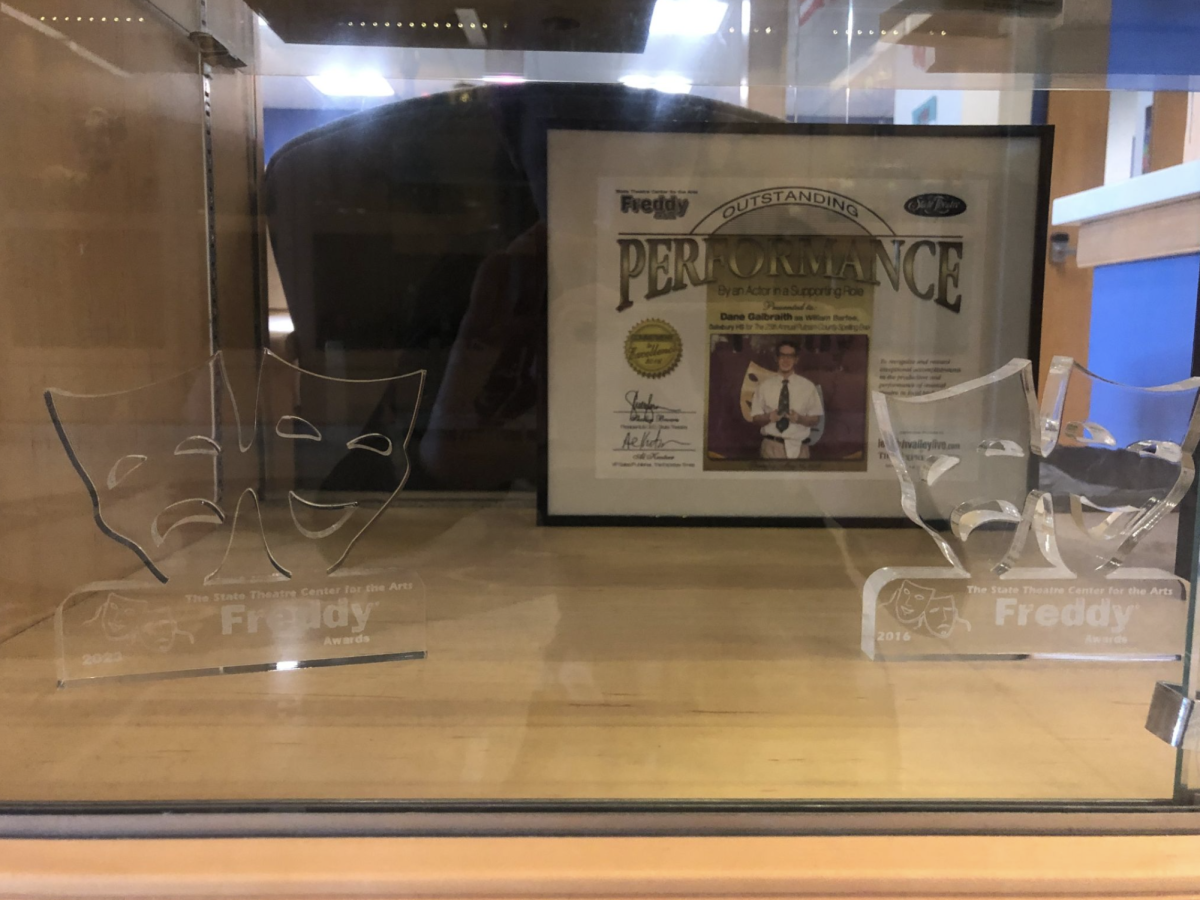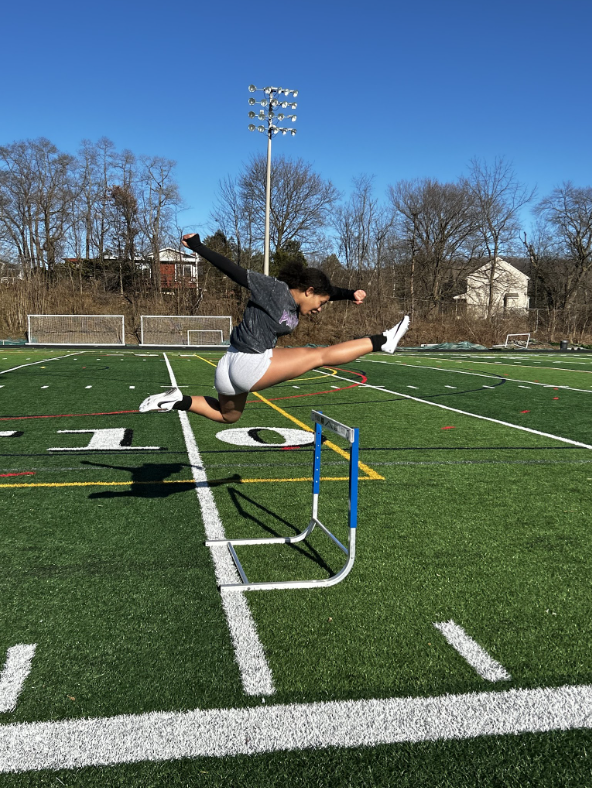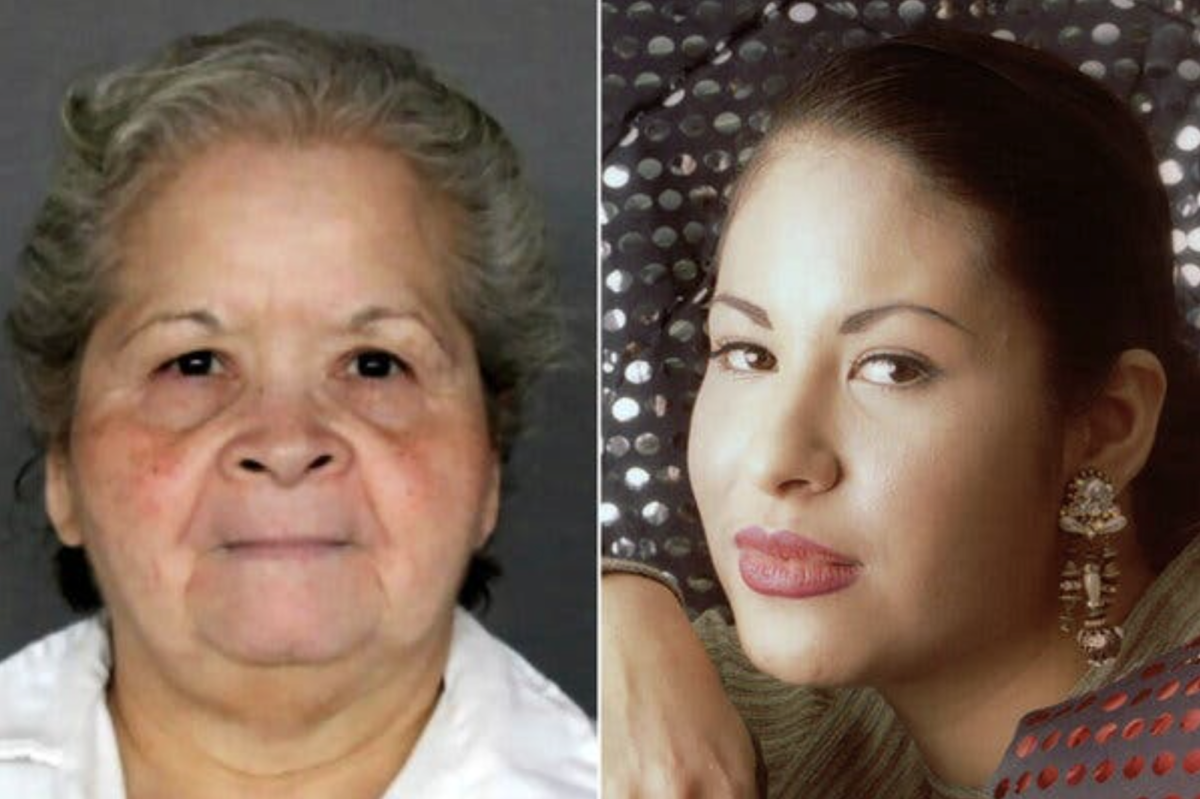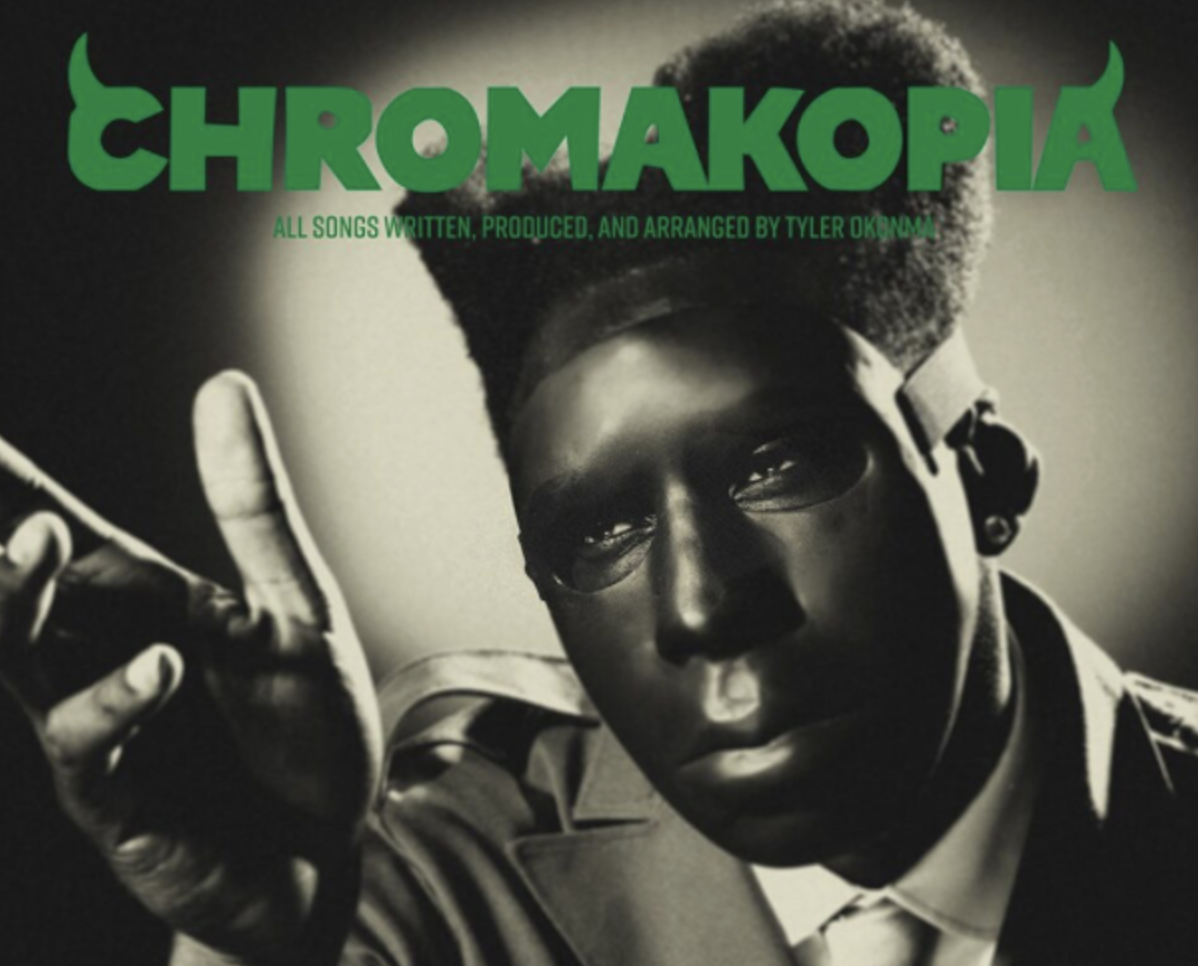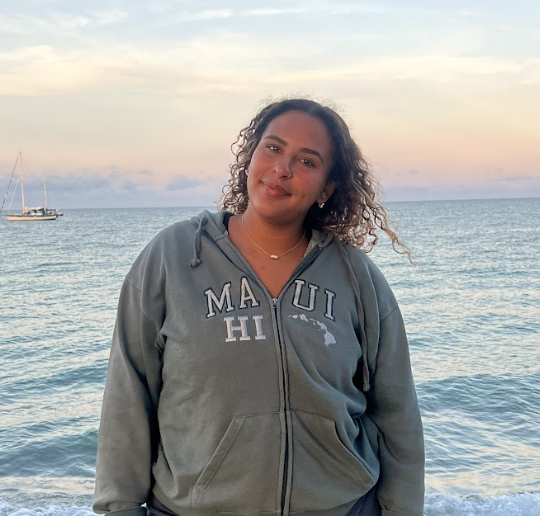Human Trafficking is a serious crisis, in my opinion. It needs immediate action from the government, us as people, and society as a whole. It’s modern-day slavery and it needs justice for all these poor victims.
1 in 4 victims of modern-day slavery are children. These innocent kids are trafficked every day in this world. According to The National Human Trafficking Hotline, they use the word “case” to represent distinct situations of trafficking reported to the hotline. A case can involve one or more potential victims of trafficking and can be reported to the hotline through one or more conversations via call, text, email, online report, or web chat. The use of the word case is not an indication of law enforcement involvement in the situation. The International Labour Organization (ILO) estimates that 40.3 million people are trapped in modern slavery worldwide, with 25 million of them in forced labor and 15 million in forced marriages. These poor children are taken and forced for labor, sex, and even to be sold. Human trafficking is a global epidemic that severely gets swapped under the rug.
Human trafficking is an illegal trade because of human exploitation, whether for sex, forced labor, or abuse. This happens across the world and stays unaddressed. Human trafficking often stays unuttered due to a combination of fear and lack of awareness, which silences victims and those who could speak out. Human Trafficker’s targets are normally children and women. These vulnerable human beings are being deceived or brought into these violent traps. Every 30 seconds around the world these innocent lives are being ruined by human trafficking. The trafficking industry is valued at approximately $150 billion globally, with sex trafficking and forced labor being the most profitable sectors.
Aubree Alles was trafficked for 10 years and her trafficker controlled what she ate and where she slept for how long. At 18, she was in her mom’s car for a joy ride, which led to her arrest and placement in a faith-based dorm, where she met her trafficker, who pretended to be her friend. For ten years, the trafficker controlled her life, including when she ate and slept. Aubree did not trust the police, as many were abusive and dismissive of her situation, blaming her actions on addiction. Aubree’s trafficker had connections that allowed her to escape police raids. Despite having 23 prostitution-related convictions, she felt ignored and disrespected by law enforcement. After a final attempt to leave in 2012, she decided to share her story to help others. Aubree now assists those in similar situations with support from the Trafficking Hotline. She then posted her story to this survivor project so she could share it and help others.
Despite having laws and resources, human trafficking remains a persistent issue in the U.S. because existing efforts are failing to address the root causes, such as economic inequality and victim support. Traffickers exploit vulnerabilities created by poverty, addiction, and inconsistent law enforcement, and current systems are not sufficiently victim-centered. The U.S. must not only strengthen its response to trafficking but also tackle the demand for cheap labor and sex, and improve training for frontline workers. International cooperation’s focus on dismantling trafficking networks before they reach U.S. borders is also crucial. To truly combat trafficking, we must shift from merely “fighting” the crime to addressing the systemic conditions that allow it to thrive.










